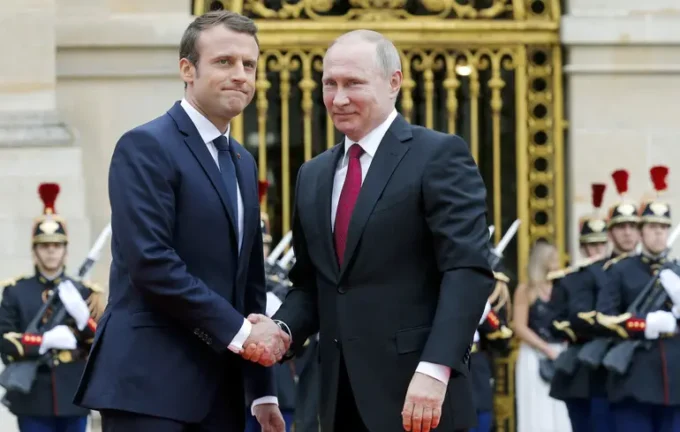Macron Confirms Putin’s Rejection of Ceasefire: Analysis of the Situation and Implications for Ukraine and Europe

Recently, the global community received a new confirmation that diplomatic efforts to cease the war in Ukraine remain unsuccessful. French President Emmanuel Macron officially confirmed that Russian dictator Vladimir Putin rejected the ceasefire proposal, which Ukraine, with Western support, had made as early as March. This serves as yet another signal that the escalation of the conflict will continue, and diplomatic initiatives have limited impact on the Kremlin regime. Andrii Kovalenko, head of the Center for European Studies under the National Security and Defense Council, commented on this phone call in his Telegram channel, emphasizing that Putin is capable of destroying any hopes for peaceful settlement, and is solely guided by military and political interests of Russia. According to him, Ukraine's allies have two strategies: either to strengthen security measures to prevent an extensive invasion by Russia and North Korea within the next 4-6 years, using force and helping Ukraine break Russia’s backbone; or to continue pretending support through NATO umbrellas, which are already becoming obsolete in modern warfare. All forecasts indicate that the war is likely to enter a new phase this year and will probably last for several more years. Deputy Head of the Office of the President Pavlo Pališa stated that Russia has clear plans for the near future: by 2025, they aim to seize Donetsk and Luhansk regions and create a buffer zone along its northern border; by 2026, complete occupation of eastern Ukraine and cutting the country off from the Black Sea. According to Western media, the “dirty war” in eastern Ukraine is only beginning and promises a much more complex period ahead.

